Many of us strive to be our most productive and fulfilled selves. We seek out new self-improvement books and podcasts. We scour the internet for the latest schools of thoughts on how to live a better life. Some even go as far as attending impassioned weekend retreats with a life coach.
We do this in the humble pursuit of living a purposeful and intentional life. There couldn’t be a better time than right now for this type of exploration. From the Japanese philosophy of Ikigai, the Danish tradition of hygge to a lesser known African concept of ubuntu; these lifestyle concepts are permeating around the globe.
The goal is definitely not a futile one. In this day and age of constant distractions at work, and the pressure to always “be on” even during “off” work hours — we need a break from it all.
Let’s take a closer look at what these philosophies have to teach us about reaching that elusive work-life balance state we so dearly crave.
Hygge
Pronunciation: “hoo-gah”
Rough Translation: a general sense of well-being and calm, coziness and warmth
Origin: Denmark, Norway
What is hygge?
Hygge is perhaps the most well-known lifestyle concept after it becoming part of the national zeitgeist in 2016. The Hygge philosophy is all about finding happiness and contentment by savoring cozy moments and drawing pleasure from the simple things in life.
It evokes images of snuggling up in knitted sweaters by the fireplace and filling our living rooms with pine-scented candles. Considering that Denmark consistently ranks as one of the top three happiest countries to live in, they may very well be onto something.
“Hygge is about an atmosphere and an experience, rather than about things. It is about being with the people we love. A feeling of home. A feeling that we are safe, that we are shielded from the world and [we] allow ourselves to let our guard down,” writes Meik Wiking in The Little Book of Hygge: Danish Secrets to Happy Living.
“Danes have been proven to be less materialistic than other cultures – and we appreciate low-cost activities and the simple things in life, like having a coffee and lighting some candles to create a cozy atmosphere,” says Wiking.
Hygge comes from the sixteenth-century Norwegian term, “hugga,” which means “to comfort” or “to console.” It is related to the English word “hug,” according to The New Yorker.
How to incorporate hygge into your work life
While we may not be able to lounge in warm pajamas at work, we can still recreate a hygge vibe. Bring your favorite mug from home, turn up the thermostat a bit or create a relaxing work playlist.
Round up the office for a potluck filled with delicious home-cooked meals. This is a great way to bring the team together and create an environment where everyone feels relaxed, connected, and like it’s a place they want to be.
Start your day on the right note. Get into the mood by organizing your day in a focused and relaxed environment. Make sure you have the right collaboration and organizational tools on hand to effectively manage your day and mind. Bullet journals or online collaborations platforms such as Brief can go a long way in helping you plan your day and get more done in a calm environment.
“This spirit of teamwork and cooperation is seen in all aspects of Danish life – from the classroom to the workplace to family life. Seeing the family as a team fosters a deep sense of belonging. The same spirit [is something] you can take into the boardroom as well,” said Iben Sandahl, Alexander’s co-author and co-creator of “The Danish Way.”
Lagom
Pronunciation: “law-gom” (with a hard g)
Rough Translation: moderate living, just right, balanced
Origin: Sweden
What is lagom?
Lagom is all about letting go of a self-indulgent, consumerist lifestyle and finding balance. It is often described as the Goldilocks principle of “not too little, not too much, just right.” With that being said, everyone’s perfect medium varies. It’s a personal journey to find what works for you.
Sweden, also one of the happiest nations in the world, is known for having high standards of living. They also encourage a strong work-life balance with parents receiving 480 days of paid parental leave. You’ll be hard pressed to find anyone at the office in the evening, with most leaving sharply at 5 pm. In fact, very few employees work overtime, it can be seen as a sign of poor time management and planning. They clearly know a thing or two about living a balanced life.
“While hygge is about creating a cozy and comfortable environment in which one feels content, lagom is about finding a more manageable, comfortable, balanced way of doing things. By doing so you’ll make time for the things that matter most in life,” says Niki Brantmark, author of Lagom: The Swedish Art of Living a Balanced, Happy Life.
Lagom encapsulates all that many have come to appreciate in Scandinavian culture: functional design, minimalism, and a sense of community over the individual.
How to incorporate lagom into your work life
Lagom has various meanings depending on the situation and context. It could imply “less is more” in interior design or “sustainability” in lifestyles choices.
In the workplace, lagom is a way of making “optimal” decisions when faced with a new challenge or task. It’s all about reaching that happy medium. How can you keep your investors satisfied, while considering your employee’s needs and maintaining a healthy bottom line? It can feel like a juggling act at times, making lagom, or a “balanced mindset” all the more impactful.
Lars Nordwall, CEO of a Swedish start-up in California, offers some tips on how to recreate a sense of lagom in the workplace. He avoids collecting KPIs, saying it forces employees to work extra hours and leaves them feeling exhausted. Nordwall believes it creates a “culture of mistrust, stress, and lack of motivation.”
Lagom is also about creating a sense of equality and team collaboration. Nordwall says he regularly has listening forums with employees. He doesn’t stop there. The critical step is to act on any valid suggestion as soon as possible. “It makes people comfortable to speak up,” he says.
In order to create open team communication in any business or organization, adopting a simple to use collaboration tool among team members is key. Brief is a clutter-free productivity and communication app that helps you stay focused and engage in an open and effective dialogue. Business owners, managers, and team members are easily accessible to each other, creating a healthy and fast communication loop.
Ikigai
Pronunciation: “i-ka-guy”
Rough Translation: a reason for being/living
Origin: Japan
What is ikigai?
Ikigai can be considered as the antithesis of hygge. Instead of prompting us to slow down, it’s about striving to find purpose and balance in life.
The work ikigai comes from “iki,” meaning life, and “kai,” meaning the result or effect of a particular action.
Since Japan has the longest life expectancy in the world, with 86.8 years for women and 80.5 for men, it stands to reason they may have found it. How can we find purpose and reach a balance in our own lives?
This balance is found at the intersection of four key elements in your life.
- Passion – What do you love?
- Vocation – What you are good at?
- Profession – What can you get paid to do?
- Mission – What does the world need?
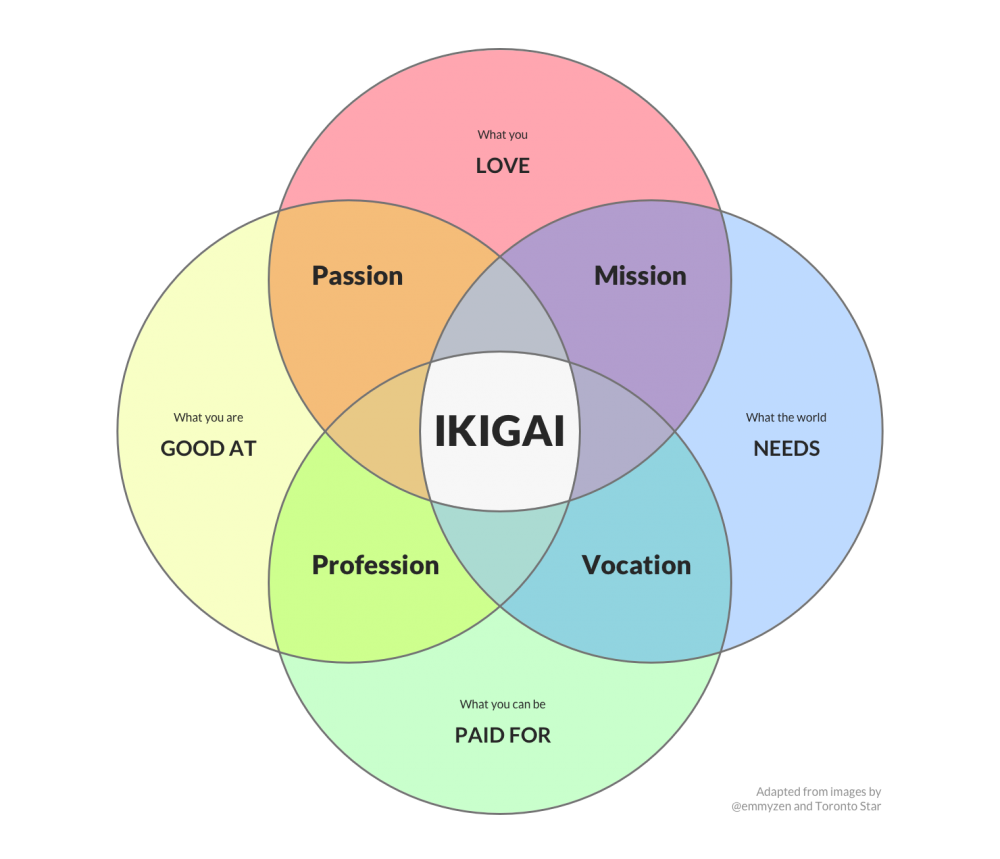
How to incorporate ikigai into your work life
The way we search for work has changed. Most are not searching for a paycheck, but for a mission they can stand behind.
Sixty-six percent of Millennials surveyed by Deloitte, say they intend to leave their current organization by 2020. This can be a huge challenge for companies. However, ikigai can help individuals find their real passion, and in turn, find a job that matches their interest in the long term.
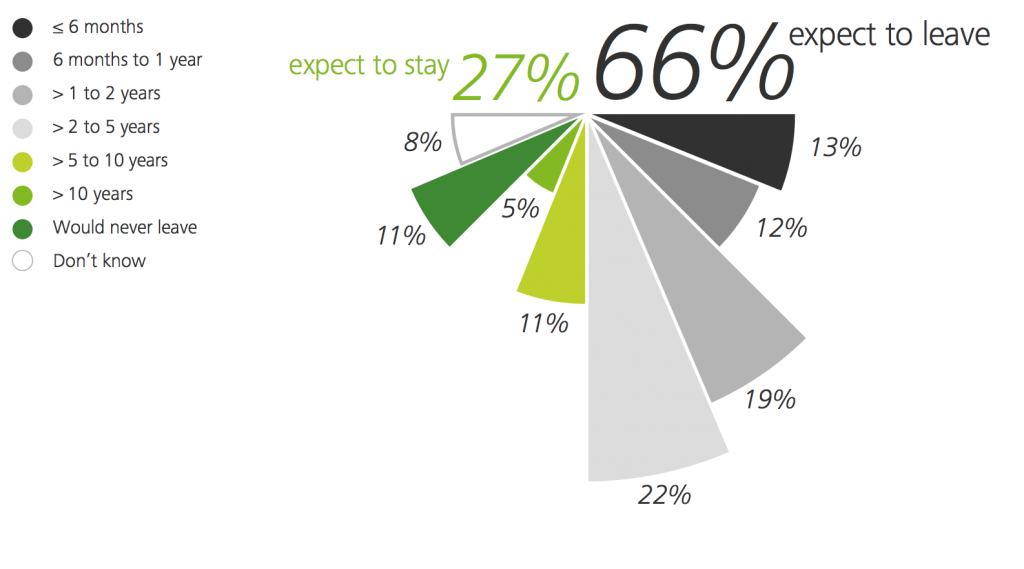
Today’s avant-garde business leaders are focused on creating shared value. This implies offering economic value while addressing social needs. Instead of only focusing on the bottom line, they are looking at the broader picture in a bid to create a meaningful impact. Through this, more job seekers are finding companies that align with their “ikigai” or life purpose.
Alternatively, more and more people are choosing to become freelancers, with the hope of combining financial success with greater freedom and purpose. Deloitte estimates that as of 2018, there are 40 million freelancers working in the USA, an increase of 36% in just five years. A major reason for this shift is the high availability of intelligent tools that can help freelancers manage their projects, clients and workflows.
“Shared value is not social responsibility, philanthropy, or even sustainability, but a new way to achieve economic success,” according to the Harvard Business Review.
Ubuntu
Pronunciation: “oo-boon-too”
Rough Translation: humanity or “I am because we are”
Origin: Southern Africa
What is Ubuntu?
Ubuntu is the “belief in a universal bond of sharing that connects all humanity”. The concept has its roots in humanist African philosophy. In particular, the South African Zulu culture where the concept of community is the pillar of its society. Without this sense of “togetherness,” there can be no community.
“Ubuntu runs through the veins of all Africans, (and) is embodied in the oft-repeated; ‘Ubuntu ngumtu ngabanye abantu’ which means ‘A person is a person through other people'”, writes sociolinguist Buntu Mfenyana.
How to incorporate ubuntu into your work life
Business leaders can practice ubuntu by considering the key ingredients of a sports team. The only way a team can win is when strategies are aligned and execution is consistent. Think about synchronized swimming? They all have to be in check in order for the team to win. Ubuntu strives to create interconnectedness among team members in the workplace and overcoming the challenges in communications that might create strife and inefficiency.
President Nelson Mandela summed it up well;
“A traveler through a country would stop at a village and he didn’t have to ask for food or for water. Once he stops, the people give him food, entertain him. That is one aspect of Ubuntu, but it will have various aspects.
Ubuntu does not mean that people should not enrich themselves. The question therefore is: Are you going to do so in order to enable the community around you to be able to improve?” Mandela said.
Conclusion
All in all, these lifestyle philosophies are entirely customizable to suit your needs. However you go about it, the end goal is the same. We all want to live a better life. Seek out purpose and meaning in your daily life, while cultivating a sense of belonging and mission at work. Ikagi, hygge, lagom and ubuntu can offer some pearls of wisdom throughout your journey.


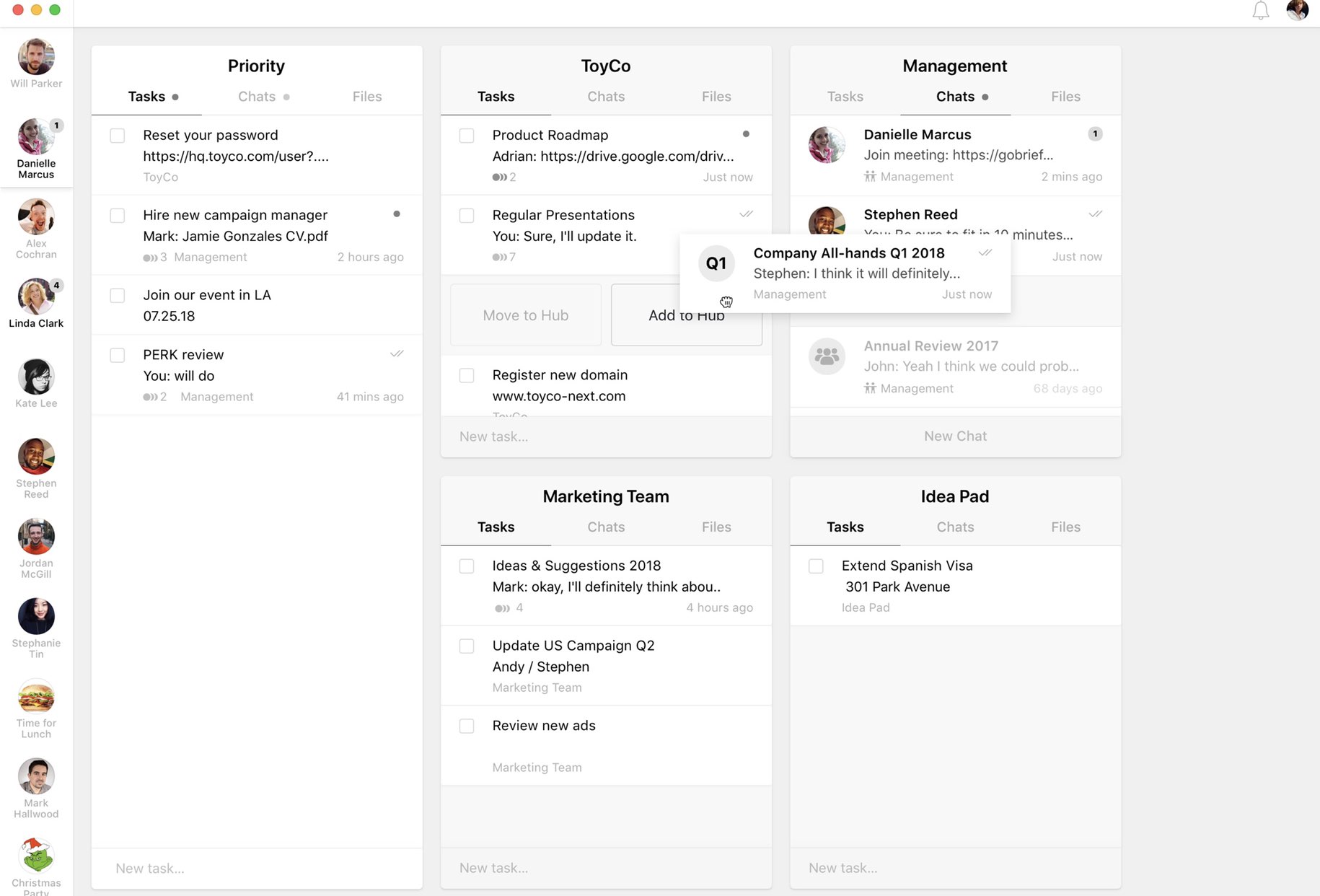


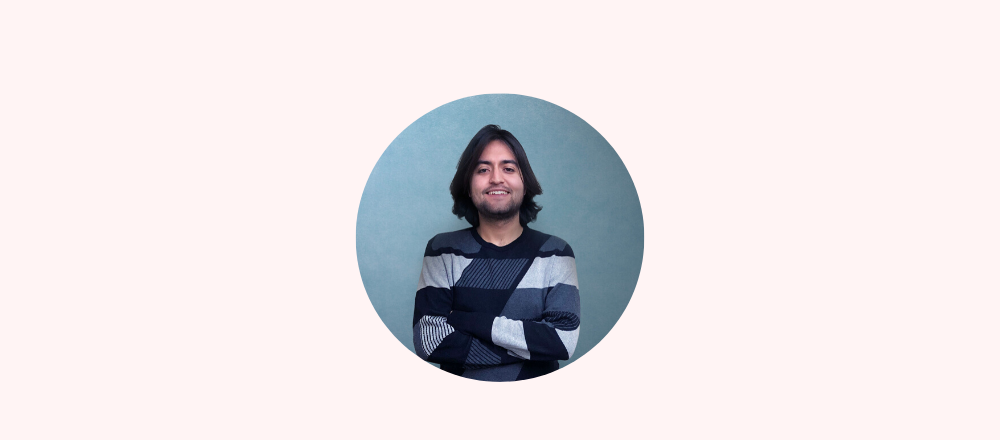
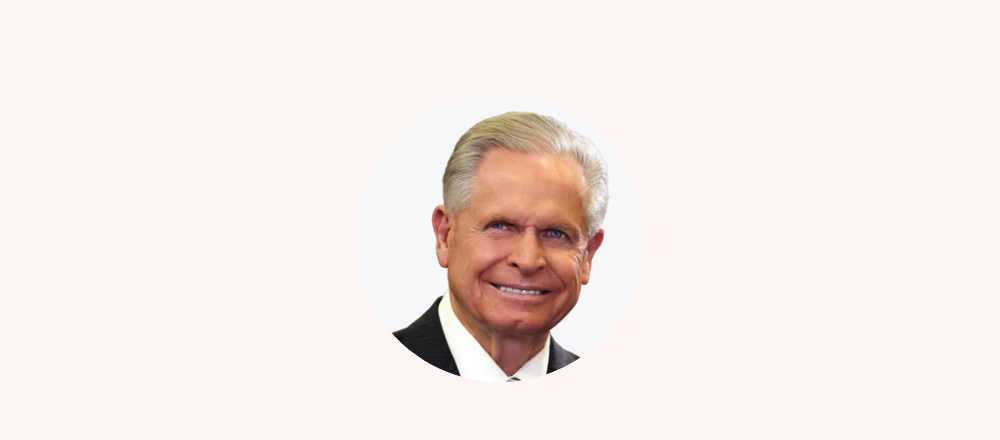
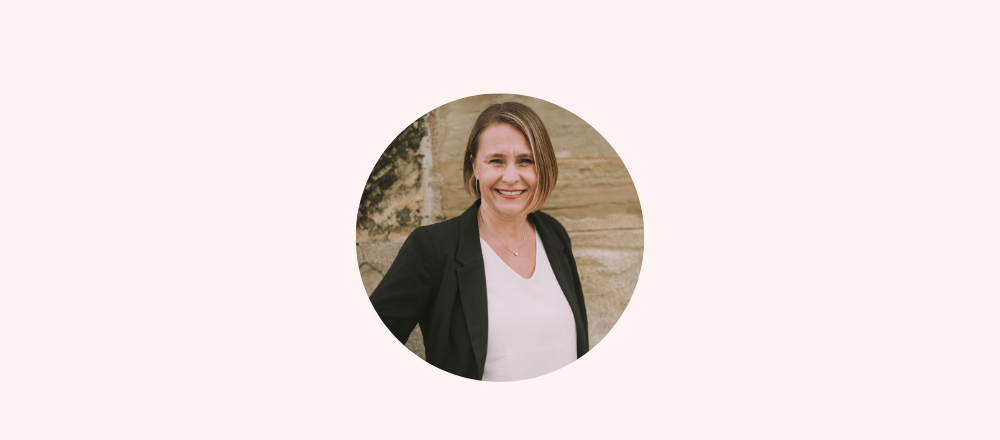
3 thoughts on “Ikigai, Hygge, Lagom and Ubuntu: How These Lifestyle Concepts Can Improve Your Work Life”
It’s entirely new methods of life style, some in which I do it without knowing it’s a life style with a name. I was in hygge atmosphere with big smile on my face and warm coffee on my hand and really really enjoying each word of this article.
So simple way to live and enjoy life with a lot of smile and hugs.
Person sweeping the bathroom, collecting money to park, serving your food, how can all employers & employees work to incorporate aspects of these philosophies into daily work versus the grind. Happy humans, happy planet. Tell the bosses, CEO’s, slave wages and zero validation of existence. Yes, let’s wake up and lift up “even the least of these.”